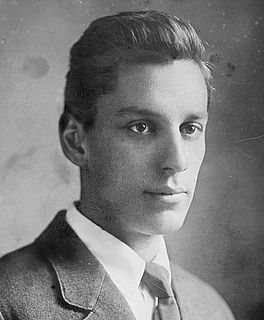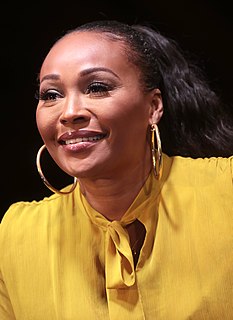A Quote by George H. W. Bush
Fluency in English is something that I'm often not accused of.
Related Quotes
Until the age of five, my parents spoke to me in Chinese or a combination of Chinese and English, but they didn't force me to speak Mandarin. In retrospect, this was sad, because they believed that my chance of doing well in America hinged on my fluency in English. Later, as an adult, I wanted to learn Chinese.
There is a fluency and an ease with which true mastery and expertise always expresses itself, whether it be in writing, whether it be in a mathematical proof, whether it be in a dance that you see on stage, really in every domain. But I think the question is, you know, where does that fluency and mastery come from?
From the Latin word "imponere", base of the obsolete English "impone" and translated as "impress" in modern English, Nordic hackers have coined the terms "imponator" (a device that does nothing but impress bystanders, referred to as the "imponator effect") and "imponade" (that "goo" that fills you as you get impressed with something - from "marmelade", often referred as "full of imponade", always ironic).


































